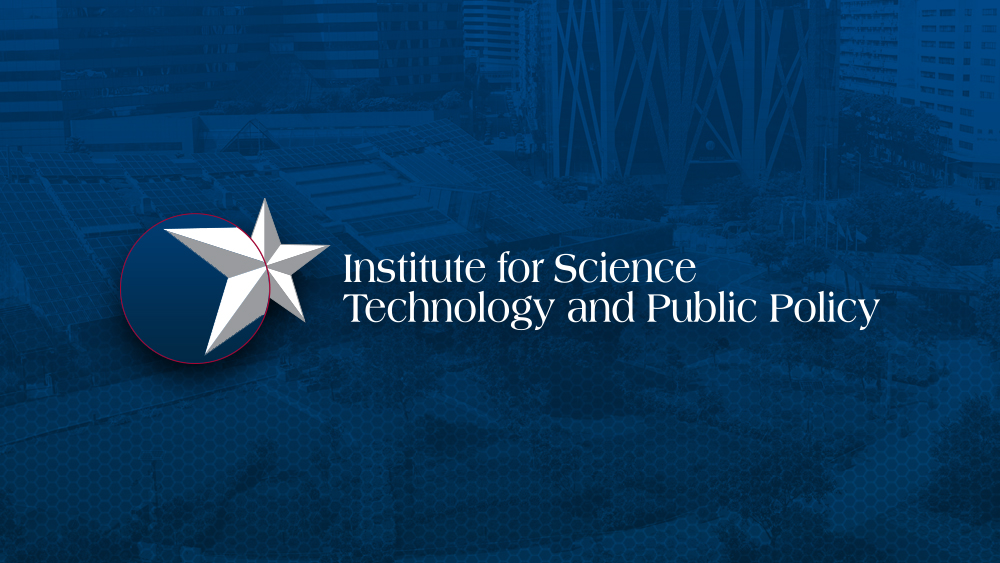
Drs. Kent Portney and Bryce Hannibal of ISTPP and Mathew Kurian of United Nations University recently published a paper they coauthored that addresses water reuse goals established by the United Nations. The authors utilize theory from an agency-based modeling approach to examine thoroughly the United Nations’ Water directive on Sustainable Development Goal (SDG) 6.3. This SDG seeks to minimize pollution, dumping, and hazardous material in water while increasing the reuse and recycling of water by 2030. Their analysis also discusses the efficacy of the Wastewater Reuse Effectiveness Index as a tool for institutions to measure change in water reuse patterns.
Kurian, Portney, and Hannibal propose an approach to water reuse that focuses on how well researchers understand the myriad of variables that influence the effectiveness of water reuse strategies independent of variance in geographic conditions and institutional change. They also argue that accounting for synergies between food, water, and energy are necessary to ensure coordination between relevant stakeholders in efforts to reuse water. They conclude their paper by highlighting that future research needs to focus on decision-making processes for leaders in relation to potential future outcomes as well as what leaders choose to believe or ignore.
Kurian, Mathew, Christopher Scott, V. Ratna Reddy, Graham Alabaster, Adelaide Nardocci, Kent E. Portney, Rizaldi Boer, and Bryce Hannibal. 2019. “One Swallow Does Not Make a Summer: Siloes, Trade-Offs and Synergies in the Water-Energy-Food Nexus.” Frontiers of Environmental Science 7 (32): 1-17. https://doi.org/10.3389/fenvs.2019.00032

